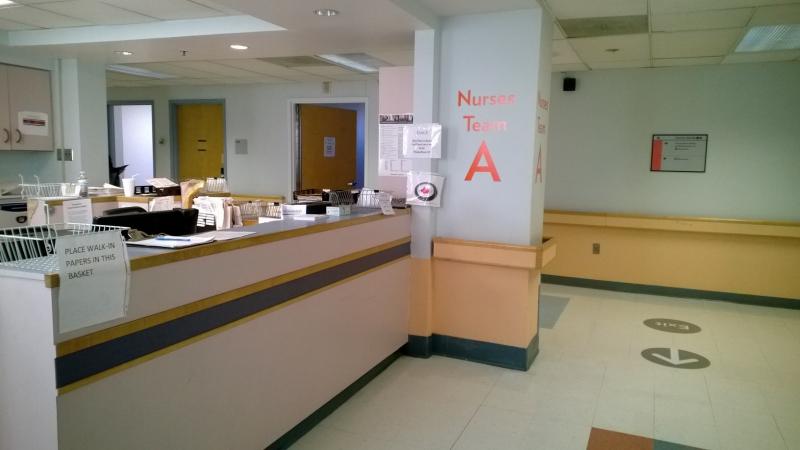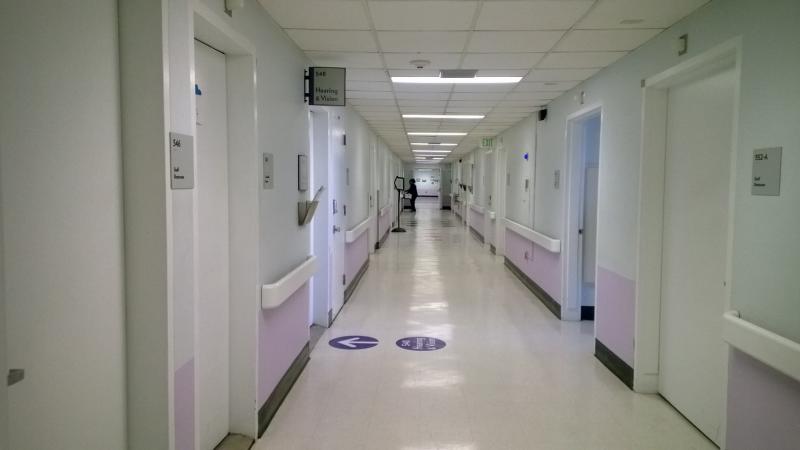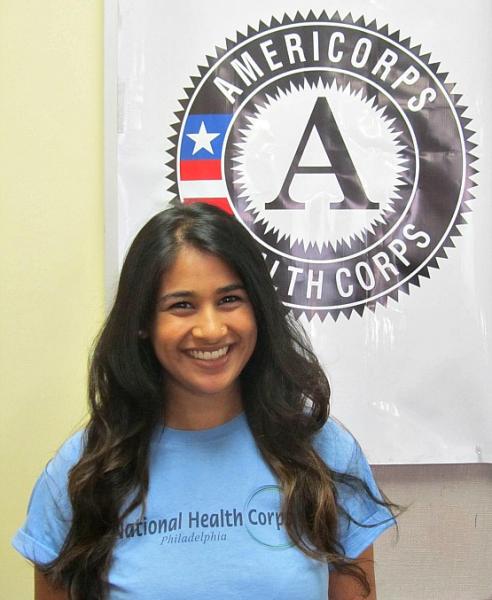Healthcare: More than just medicine
When I first accepted my position as an AmeriCorps member with the Philadelphia Health Corps (PHC), one of my professors told me that this experience would “change my life”. Not being someone to believe in such sweeping generalizations, I immediately brushed it off. However, since starting my service at Philadelphia Department of Public Health-Health Center 2 in South Philadelphia, I have come to realize just how big of an impact my year of service is having on the way I think of and view society.
One afternoon last fall, a patient came into my office to apply for the Prescription Assistance Program so that he could get access to free or reduced cost medications for his chronic condition. As I would during any normal intake process, I asked him for his address or a location of residence to send him any written communication. He told me he lived in a homeless shelter. Then, he started telling me about an injury he suffered at his job which disabled him and eventually put him out of work. His medical bills started to rise after he lost his insurance. Unfortunately, he also did not qualify for Medicaid, nor was he able to afford the ACA Marketplace plans which were close to $300/month. As his condition worsened due to lack of medication, he was unable to work full shifts or even look for jobs and he slowly lost everything. Listening to my patient share his story, I came to understand that most of his situation was out of his control. It wasn’t that he was lazy, uneducated, or not “trying” hard enough. Rather, it was the system affecting his ability to stay healthy or cope with his disability.

There are many patients that come through our office each day who have similar stories. Take the father of four whose steady income was not enough for their various expenses once his wife was diagnosed with cancer and went through surgery. While caring for his wife, he lost his job and eventually filed for bankruptcy. Or take the mother of three who immigrated to the U.S. four years ago and lost her husband to violence in their neighborhood a mere six months later. Unable to go back to the turbulent political conditions of her home country, she is stuck figuring out the complex medical system of a new country while dealing with her health conditions of diabetes and high blood pressure in addition to raising her children on her own.

Through hearing my patients’ stories, I have come to realize that there is much more to healthcare than just patients seeing doctors. When a patient walks into my office, I have to be aware of the countless other things that might be affecting their ability to pay for medications, practice healthy habits, or keep their appointments. We tell parents to keep their kids active-simply take them to a park; but can they actually do that in neighborhoods where parks are not well maintained or where crime rates make it unsafe? I used to judge patients who would not show up to their appointments with their doctors. However, now I think about their ability to access the office; is taking time off a possibility? Do they have enough money for the SEPTA fare or parking?
I’ve come to understand that healthcare is so deeply integrated with all other aspects of society — having access to clean water, safe public spaces, healthy food, education, and housing. These are just a few of the challenges that many of my patients face outside of our health center. I believe that the future of public health lies in understanding how health care fits in with the rest of the societal systems that enable people to live happy, healthy and productive lives.
Before starting my service with the National Health Corps in Philadelphia, I thought that increasing access to healthcare meant getting patients into the office to see a doctor. But now I realize that it is also about educating them about their options and available resources. Helping my patients to gain access to insurance, medication, and other services will empower them to take care of themselves once they leave a physician’s office.

This post was written by PHC member Sanika Gadkari.
Sanika serves at the Philadelphia Department of Public Health - Health Center #2 as a Patient Assistance Program Advocate.